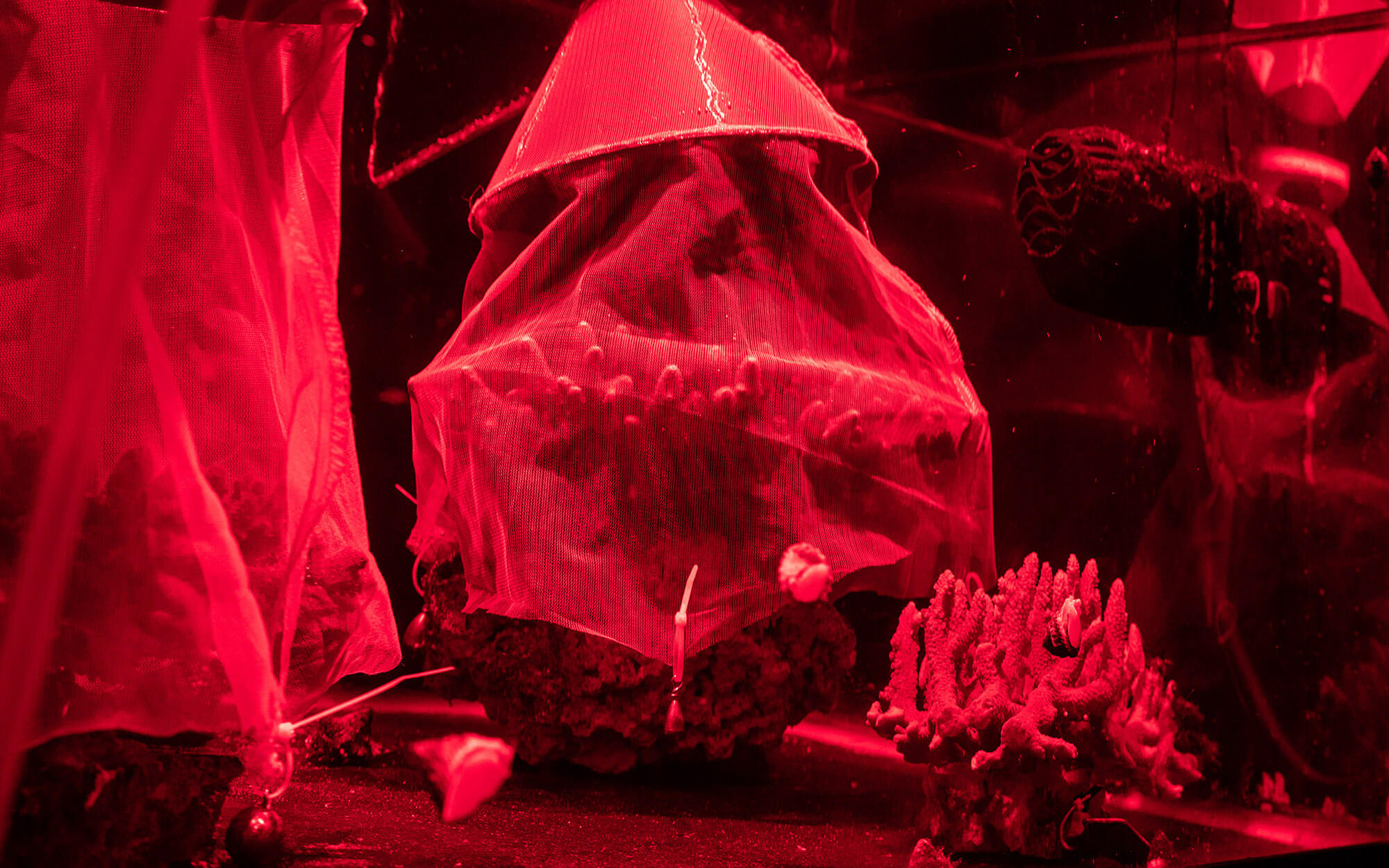Project title: Reviving reefs: boosting coral sexual reproduction for Mesoamerican reef restoration
Project lead: Dr. Rebecca Albright
Co-applicants: Dr. Elora López-Nandam, Andrea Godoy Mendoza and Jennifer Keck
Countries involved: United States of America and Honduras
Takes place: California (USA) and Roatán Marine Park (Honduras)
Supporting institutions: California Academy of Sciences, Roatán Marine Park
Total budget: USD $1,499,454.00
Duration: 36 months
Project overview
Coral reefs are critical ecosystems that sustain millions of livelihoods. Unfortunately, they are rapidly degrading due to global and local stressors. Reduced coral numbers have led to diminished success in sexual reproduction, further exacerbating reef degradation. Assisted sexual reproduction offers hope, but high mortality rates of young coral larvae and recruits remain a significant barrier to success. This project aims to improve the health, growth, and survival of coral larvae and settlers through innovative, low-cost, and scalable interventions. The team will evaluate three therapies aiming to enhance coral growth and survival, plus a fourth therapy designed to accelerate their adaptation to rising water temperatures. Additionally, the project will empower local communities and partners in the Mesoamerican Reef region to adopt these cost-effective solutions, ensuring long-term sustainability.
Specific objectives
- Enhance husbandry practices for coral sexual reproduction: improve larvae growth, survival, and thermal tolerance.
- Promote capacity-building in the Mesoamerican Reef region, contributing to the success of future restoration projects.
How the objectives will be met
- Establishing a larval propagation system: a low-cost facility will be built at Roatán Marine Park (Honduras) to support sexual reproduction for restoration efforts and serve as a hub for testing interventions and training.
- Testing four interventions: (1) seawater buffering, (2) adding energy supplements for coral larvae, (3) adding symbiotic algae, and (4) selecting heat-resistant corals:
- The interventions will first be tested in a laboratory with one species, Acropora millepora.
- The interventions will then be tested in the field, at Roatán Marine Park, on two Caribbean species, Acropora cervicornis and Acropora palmata.
- The interventions will be expanded to multiple species, especially targeting those which are a priority for restoration projects.
- Hands-on workshop for capacity building: stakeholders from the Mesoamerican Reef region will receive training in coral husbandry and the developed intervention techniques.
Impact of the project
The project’s interventions are designed to be accessible and scalable, enabling widespread adoption by marine protected areas worldwide. By enhancing coral larval propagation techniques and empowering local stakeholders, this initiative intends to boost coral cover, genetic diversity, and adaptive potential across the globe.
Major highlights
- Testing affordable coral sexual reproduction methods:
- Adding energy supplements for larvae costs as little as $0.0072–$0.072 per liter of seawater.
- Seawater buffering costs only $0.0006 per liter of seawater.
- Knowledge transfer to local partners in Honduras and throughout the Caribbean.
- Development of a bilingual manual (English/Spanish) to spread knowledge in the region.
- Field and lab trials to evaluate the impact of interventions on coral restoration.
In 2024:
✅ Acropora millepora spawn at the California Academy of Sciences, USA , with successful testing of all four culturing interventions
✅ Launched construction of the first coral-rearing facility in Roatán, Honduras
✅ Monitored Orbicella faveolata spawning in Roatán, Honduras
✅ Tracked the growth and survival of juvenile Acropora millepora corals across all four culturing interventions—some grew 70x in just six months!
To learn more about this project, watch the episode 3 of our web series.

